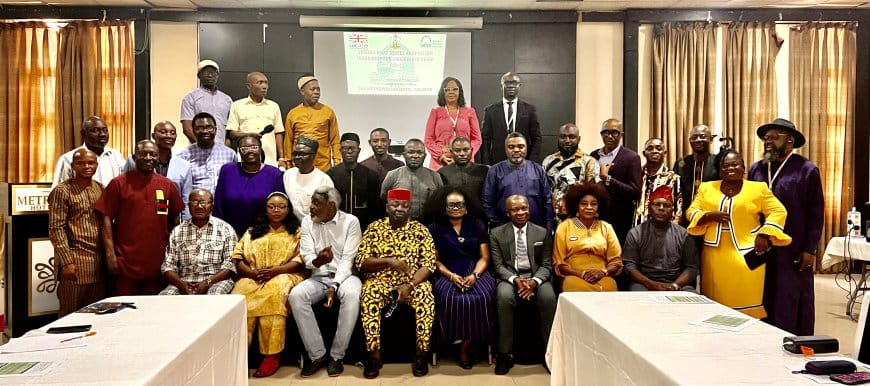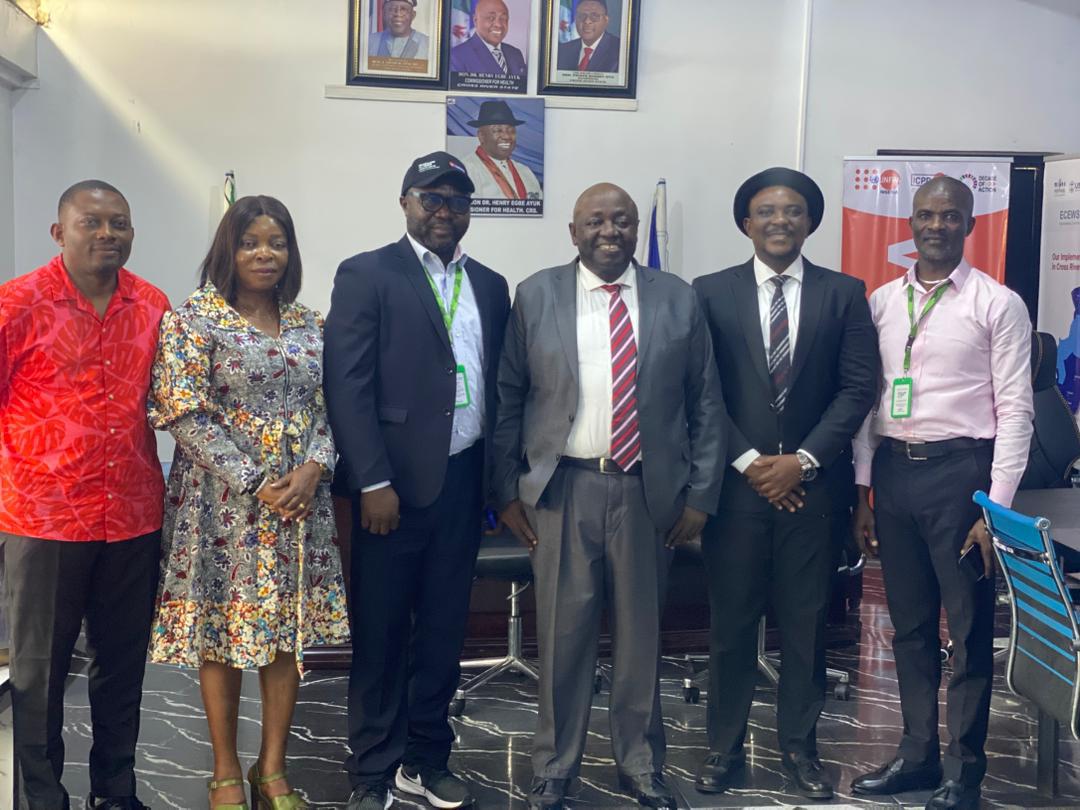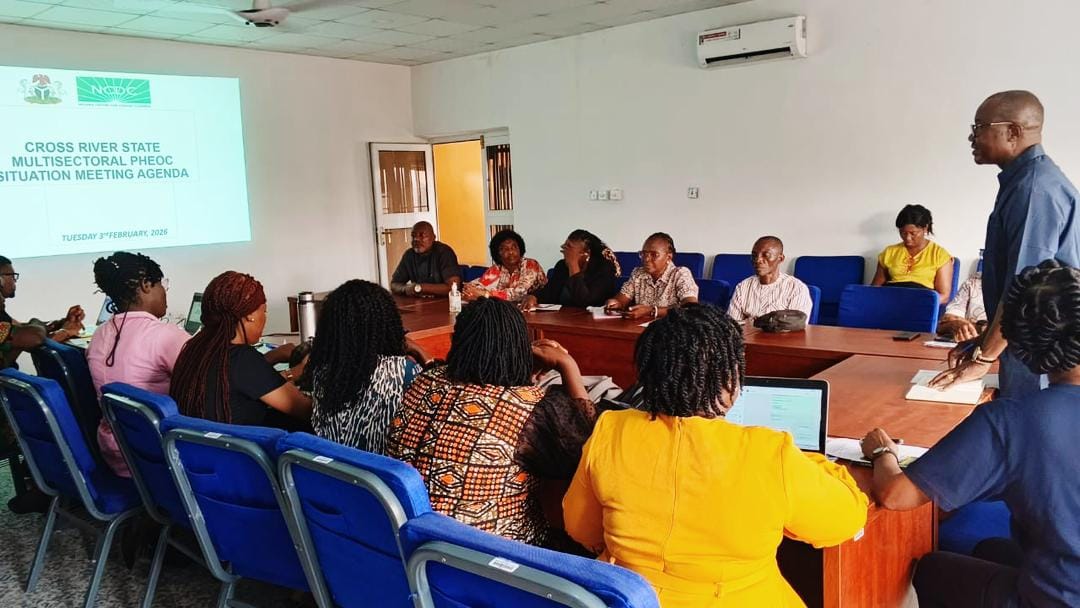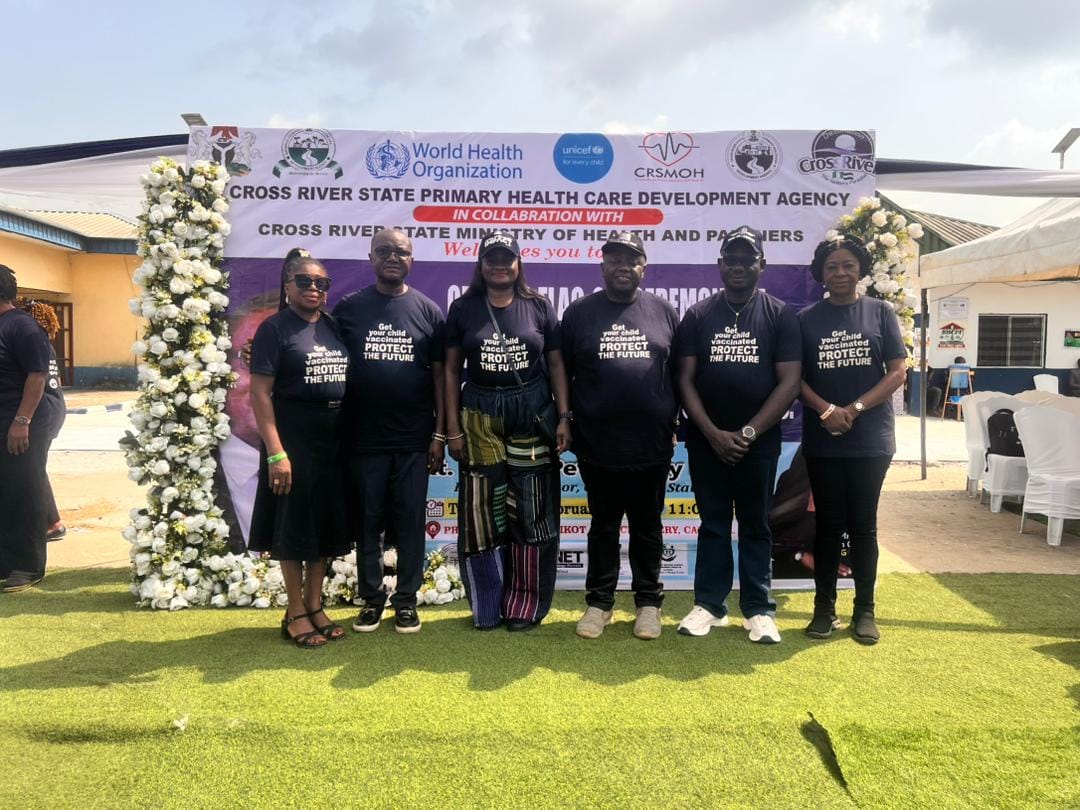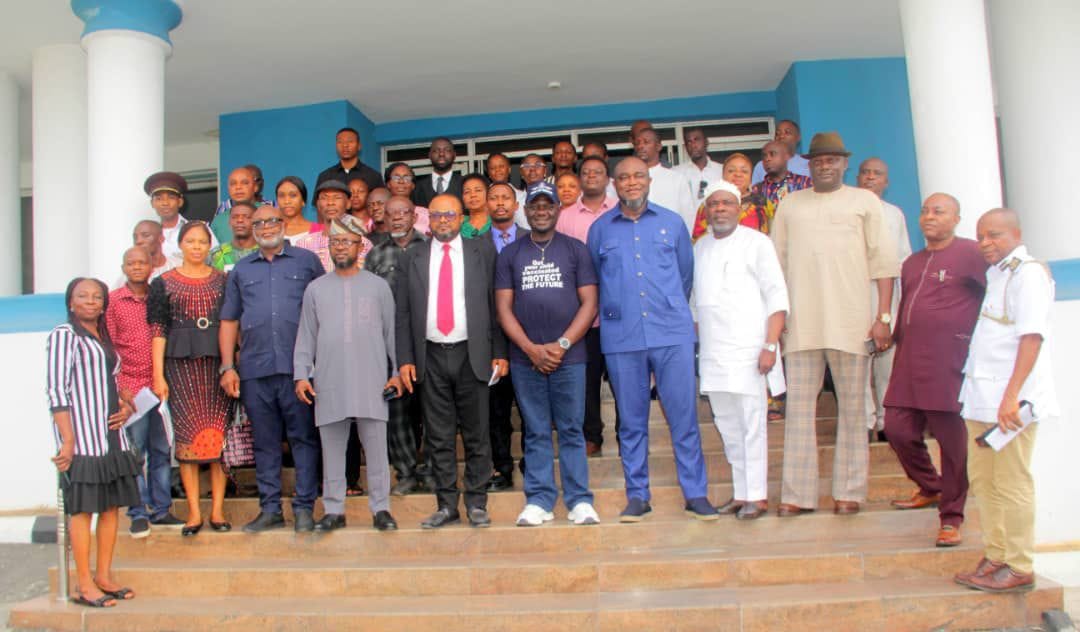In a decisive stride toward fortifying its health sector against the adverse impacts of climate change, the Cross River State Government has produced a draft State Health Adaptation Plan (CR-SHAP) tailored to address local climate-health challenges.
The landmark plan emerged from a three-day Technical Working Group Workshop jointly convened by the State Ministry of Health and the Palladium Lafiya Project, held from May 27 to 29, 2025, at the Metropolitan Hotel, Calabar.
The workshop, aimed at domesticating the National Health Adaptation Plan (HNAP), brought together a robust multi-sectoral team comprising professionals from health, environment, agriculture, academia, civil society organizations, development partners, and government ministries. Their shared goal: to design a localized strategy that mitigates the health risks posed by rising temperatures, vector-borne diseases, flooding, and other climate-related disruptions.
Declaring the workshop open, Commissioner for Health, Dr. Henry Egbe Ayuk, underscored the interconnected nature of climate and health, urging government agencies to work collaboratively rather than in silos.
“Climate challenges are no longer exclusive to the environment—they are fundamental determinants of health,” Dr. Ayuk emphasized. “Gone are the days when ministries operated in isolation. We must now build inter-ministerial bridges and a unified response to safeguard our people.”
He also announced the establishment of a Climate and Health Focal Point within the Ministry—an institutional reform designed to strengthen the government’s capacity for coordinated response and evidence-based planning.
Supporting the vision, Director General of the Primary Health Care Development Agency, Dr. Vivienne Otu, highlighted the urgent need for climate preparedness at the grassroots level.
“Communities are at the frontline of climate shocks. Our health systems must be resilient enough to respond swiftly and sustainably,” Dr. Otu noted.
In his closing remarks, Mr. Asuquo Henry Eyibio, Programme Manager and Desk Officer for Climate Change and Environmental Health, applauded the Commissioner’s leadership and praised the contributions of technical partners, notably the Palladium Lafiya Project and lead consultant, Dr. Isa Iyortim, for their strategic guidance and financial support.
Eyibio further commended members of the Technical Working Group for their commitment and expertise, describing the resulting plan as a “practical, context-specific blueprint to shield Cross Riverians from the short- and long-term health consequences of climate change.”
With the draft plan now developed, the next phase will involve stakeholder validation, public engagement, and formal adoption. Once fully operational, the CR-SHAP will serve as a guiding policy framework to ensure health systems in the state remain adaptive and resilient amid a changing climate.
Cross River State’s proactive approach positions it as a subnational leader in climate-health integration, reaffirming its commitment to sustainable development and environmental resilience.
Ebi Collins, Beagle News

